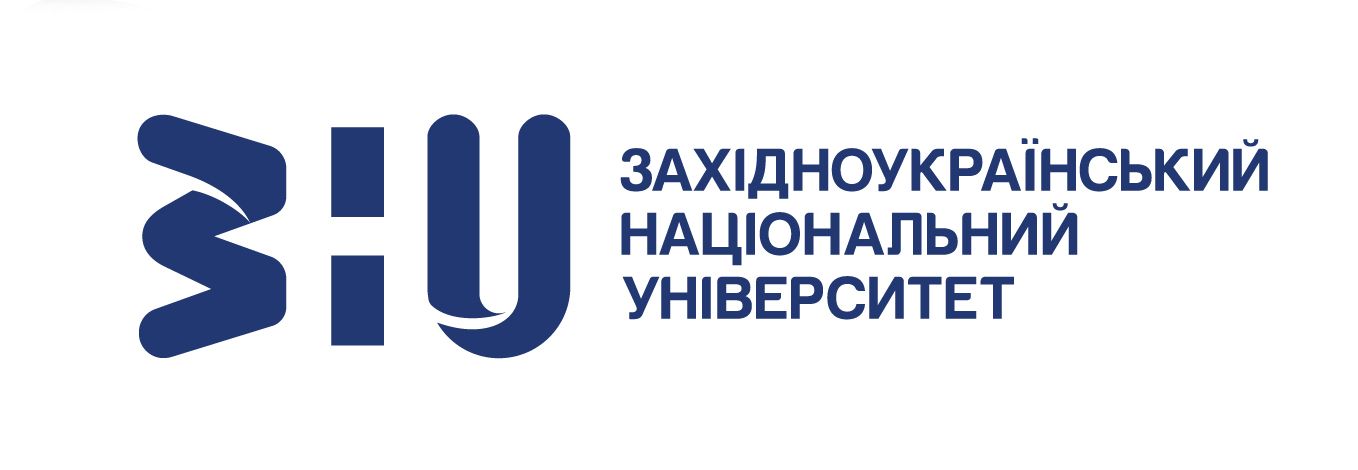TRANSFORMATION OF BUDGETING TECHNOLOGIES IN THE CONTEXT OF ENSURING INCLUSIVE SUSTAINABLE GROWTH OF THE STATE
DOI:
https://doi.org/10.35774/sf2021.01.024Keywords:
budgetary inclusion, budgeting, budgeting technologies, program-targeted budgeting, participatory budgeting, gender-based budgeting, inclusive budgetingAbstract
Introduction. Slowing economic growth, the spread of destructive demographic and environmental processes, increasing inequality in access to participation in economic, social and political life of the country necessitate the search for innovative budgeting technologies that would include elements of inclusion.
The purpose of the article is justification of the theoretical foundations of inclusive budgeting, determination of preconditions and necessity of introduction of this technology into budgetary practice of Ukraine.
Methods. In the course of research systematic approach to study widespread budgeting technologies, used in foreign and domestic practice, and the following methods of scientific cognition: induction and deduction, analysis and synthesis, comparison, generalization, associations, analogies and others, were used.
Results. In order to ensure the socio-economic development of Ukraine on the basis of the concept of inclusive sustainable growth, the necessity of introducing technology of inclusive budgeting, which would take into account the benefits of practical use of program-targeted, participatory and gender-based budgeting, has been proved. The main features of inclusive budgeting include: existence of legislatively approved rules, norms and procedures that maximally involve citizens into filling budgets of different levels on the basis of the principle of progressive taxation and provide them with equal access possibilities to public services; maximize the involvement of society members in formulation of the budget programs on the basis of which budget expenditures are determined, as well as in monitoring their implementation, including the reporting procedure. Interpretation of the terms “budgetary inclusion” and “inclusive budgeting” is proposed. The main elements of inclusive budgeting include: budget programs; performance indicators for evaluating the implementation of budget programs; budget program executors; initiative, active, financially competent citizens; participatory budgeting. The main stages of integration of inclusive aspects in the budget process are defined: carrying out inclusive budget analysis (analysis of budget requests, budget programs and the state of their financing, budgets in order to identify problems of unequal access of citizens to budgetary resources and public services); formulation of the goals and recommendations to enhance inclusion; making changes to budget requests, budget programs, budgets; monitoring and evaluation of the results of changes made to budget requests, budget programs, budgets.
Perspectives. The subject of further research is an in-depth study of the problems of budget inclusion.
References
Allen, R., Hemming, R., & Potter, B. (2013). The International Handbook of Public Financial Management. Palgrave Macmillan.
Arrow, K., Sen, A., & Suzumura, K. (2013). Social Choice Re-Examined. Paperbackshop-US, 1.
Brook, D. A. (2012). Budgeting for National Security: A Whole of Government Perspective. Journal of Public Budgeting, Accounting and Financial Management, 1, 32–57.
Harris, J. A., McKenzie, K. S., & Rentfro, R. W. (2011). Performance Reporting: Assessing Citizen Access to Performance Measures on State Government Websites. Journal of Public Budgeting, Accounting and Financial Management, 1. Available at: http://www.questia.com/read/1P3-2329692461/performance-reporting-assessing-citizen-access-to.
Genderno-oriientovane biudzhetuvannia: analiz prohram, yaki finansuiutsia z biudzhetu, z pozytsii gendernoi rivnosti [Gender-based budgeting: analysis of programs financed from the budget from the point of view of gender equality: a manual for employees of executive and local government bodies]. (2015). Kyiv: GBB project [in Ukrainian].
The Growth Report. Strategies for Sustained Growth and Inclusive Development, 2008. The International Bank for Reconstruction and Development. The World Bank. Available at: https://openknowledge.worldbank.org/bitstream/handle/10986/6507/449860PUB0Box3101OFFICIAL-0USE0ONLY1.pdf?sequence=1&isAllowed=y/Growth_Commission_Final_Report _English.pdf.
Prodius, O. I. (2017). Inkliuzyvni innovatsii v konteksti sotsialnoi vidpovidalnosti pidpryiemstva [Inclusive innovations in the context of corporate social responsibility]. Naukovyi visnyk Uzhhorodskoho natsionalnoho universytetu – Scientific Bulletin of Uzhgorod National University, 2, 84–88. Available at: http://www.visnyk-econom.uzhnu.uz.ua/archive/14_2_2017ua/19.pdf.
World Economic Forum. The Inclusive Development Index 2017–2018. Available at: https://www.weforum.org/reports/.
Ministry of Finance of Ukraine. (2019). Statystychnyi zbirnyk “Biudzhet Ukrainy 2019” [Statistical publication “Budget of Ukraine 2019”]. Available at: https://mof.gov.ua/storage/files/2_Budget_of_Ukraine_2019_(for_website) (1).pdf.
Ministry of Finance of Ukraine. (2020). Vydatky na osvitu. Serednia osvita: masyv danykh [Education expenditures. Secondary education: Data array]. Available at: https://www.mof.gov.ua/uk/the-reform-of-education.
Ministry of Finance of Ukraine. (2020). Vydatky na osvitu. Vyshcha osvita: masyv danykh [Education expenditures. Higher education: Data array]. Available at: https://www.mof.gov.ua/uk/thereform-of-education.


